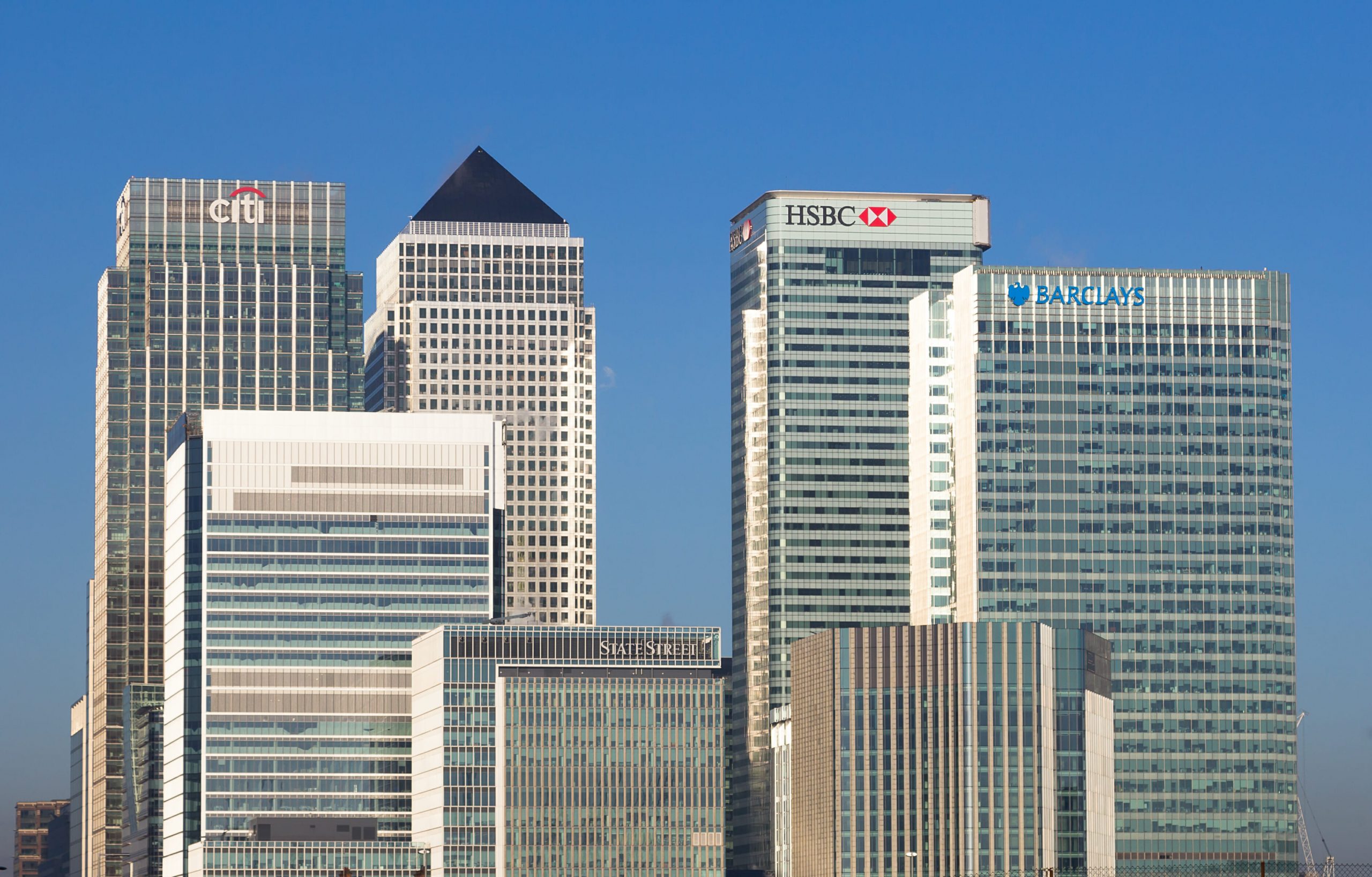We often hear businesses talking about resilience and disaster recovery in terms of IT. What happens if there’s a flood? Will our phones still work? Is our data backed up in the cloud? Is my website hosted separately to my registrar and DNS provider?
This is all very important. But have you ever asked “What happens if I can’t use my bank account”?
This isn’t so much thinking about what happens if your bank goes out of business, although that too is a valid concern. It’s about what happens when the bank thinks you’re a money laundering cartel overlord.
This isn’t as far fetched as it seems, especially in an increasingly global world where cross-border business gets easier and easier to conduct.
We had one client almost have HMRC add insult to injury when their bank decided to freeze their Euro account – right around the time taxes were due to be remitted. A customer paid a sizeable Euro invoice on time; this money was earmarked to be converted to Sterling and then remitted to HMRC.

The business in question deserves praise for being on top of their cash flow. Only their bank decided that this Euro transaction looked suspicious and their money laundering process put a hold on everything – including the Sterling account.
UK anti-money laundering rules, and indeed the equivalent around the world, prevents the bank from saying why – just “there’s a delay” or “administrative issues”, and escalating through relationship managers upwards doesn’t help.
In the case of our client, we pro-actively managed HMRC, explained the delay and the potential outcomes – and in any event, the issue was resolved with about 30 mins to spare on the working day payment was due regardless.
It could’ve been different though. The National Crime Agency has 7 calendar days to clear a suspicious transaction reported to it (or take action). Can your business operate without its banking facilities for a week? Or longer if your bank is inefficient in executing its money laundering processes.
In the wake of HSBC being found to have had a significant market share in the drug cartel money laundering market, financial institutions have been increasingly paying strict attention to their clients’ activities – so much so, false positives are becoming a common thing. These false positives can put people out of business – here’s a sordid tale.

If you’re constantly overdrawn, having a second (completely separate) banking relationship may be difficult to create – and in any event, there is the additional administrative burden of reconciling different accounts across different providers. However, even if it is just having a dormant corporate charge card from a different bank or a TransferWise borderless account, it could make all of the difference to a freeze being an annoyance compared to a business damaging catastrophe.
It’s also worth remembering that anti-money laundering, Safeguarding and Know-Your-Client (KYC) teams have their own lingo and specific ways of appraising risk. It’s very easy to tell a genuine story but to do so in a way that raises suspicion. If you are asked to complete such a process, we can help explain why they are asking what they are and explain how best to approach it. We can’t help change your true risk profile, but at least make sure you don’t accidentally give the impression you’re a front for an international crime syndicate!
In any event, the damage not having a banking contingency can cause is up there with the risks businesses manage day-to-day – and should have similar mitigation plans in place. Reach out to us here.


